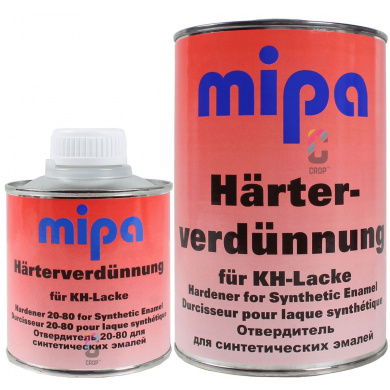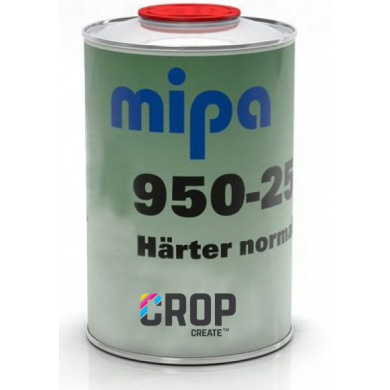
Activators
Automotive paint activator
In car repair, activators are synonymous with catalyst or hardener. Laying car paint might seem like a simple idea, but it takes a little more than that to produce a quality car repair on a vehicle. When you want to lay perfectly smooth spray paint out of your spray-gun, using the correct activator could save you
- A lot of headaches
- Extra hours of sanding
- Respray of the entire car
The various paint activators used in car repair are for different temperature ranges. A faster activator is recommended with cold weather and a slower activator during hot weather.
Slow activator
A slow paint hardener is great on a hot summer day. When a slow activator is used on too cool of a day, it would cause car paint to take much longer to flash and can cause imperfections.
Medium activator
Medium paint activator is the most commonly used car paint hardener. This is the best all round activator when you are unsure which activator to choose. This catalyst will work in most climates.
Fast activator
Cool weather can be a problem for car paint as the cooler temperature slows evaporation of solvents. A fast hardener is perfect on a cool fall afternoon or a cold night. A fast catalyst will speed up the flash time and allow you lay your additional coats of car paint or clear coat in a reasonable amount of time in cooler weather.
Slow, medium or fast activator?
In case of doubt, we recommend to go for the most commonly used medium activator. The following basics will help in order to address potential pitfalls that can lead to bad paint jobs
- Make sure the surface you are about to paint is at least 65 degrees
- Use the correct degreaser/surface cleaner
- Use the correct activator for the job





